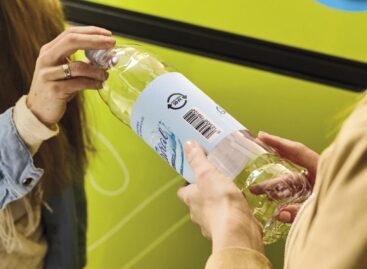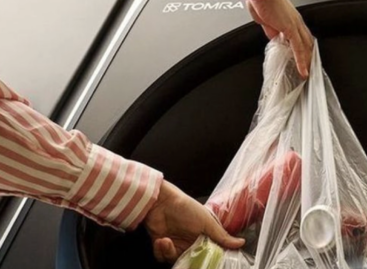A new Era in waste management: stricter rules for EPR and DRS systems
Starting in April 2025, a new era will begin in waste management in Hungary. Under the EPR (Extended Producer Responsibility) system, companies will face stricter obligations, with significant fines imposed for failure to meet quarterly reporting requirements. The first major deadline for submitting Q4 2024 EPR and DRS reports expired on January 20, and authorities are expected to closely monitor compliance.
 The EPR system is designed to hold producers accountable for their products throughout their lifecycle, from waste generation to recycling. The goal is to reduce waste generation, increase recycling rates, and encourage the production of more sustainable products. EPR fees vary by product type, with plastic packaging, for example, incurring a fee of HUF 219 per kilogram. Additionally, the DRS (Deposit Return System), implemented in 2024, incentivizes the return of beverage bottles and cans, with a deposit of HUF 50 per unit.
The EPR system is designed to hold producers accountable for their products throughout their lifecycle, from waste generation to recycling. The goal is to reduce waste generation, increase recycling rates, and encourage the production of more sustainable products. EPR fees vary by product type, with plastic packaging, for example, incurring a fee of HUF 219 per kilogram. Additionally, the DRS (Deposit Return System), implemented in 2024, incentivizes the return of beverage bottles and cans, with a deposit of HUF 50 per unit.
Compliance with these regulations places a significant administrative burden on companies, particularly smaller businesses. EPR requires product registration and detailed documentation, including the acquisition of unique barcodes. For imported products, businesses must document all waste materials, including electronics and single-use plastics.
It’s important to note that EPR and DRS are not unique to Hungary but are part of the European Union’s broader directives. The EU aims to reduce waste generation and increase recycling rates, such as achieving a 60% recycling target for municipal waste by 2030. These measures support sustainability and the development of a circular economy.
The success of EPR and DRS systems, however, depends not only on companies but also on the environmentally conscious behavior of consumers. Experts suggest that Hungary still lags behind EU standards in environmental efforts, partly due to a lack of education. Ensuring compliance with regulations and achieving sustainability goals will require cooperation between businesses and consumers. Effective public education and the promotion of eco-friendly practices are essential for the long-term success of these systems.
Related news
Related news
40 secure jobs, sustainable solutions – new BURGER KING® in Csepel
🎧 Hallgasd a cikket: Lejátszás Szünet Folytatás Leállítás Nyelv: Auto…
Read more >








